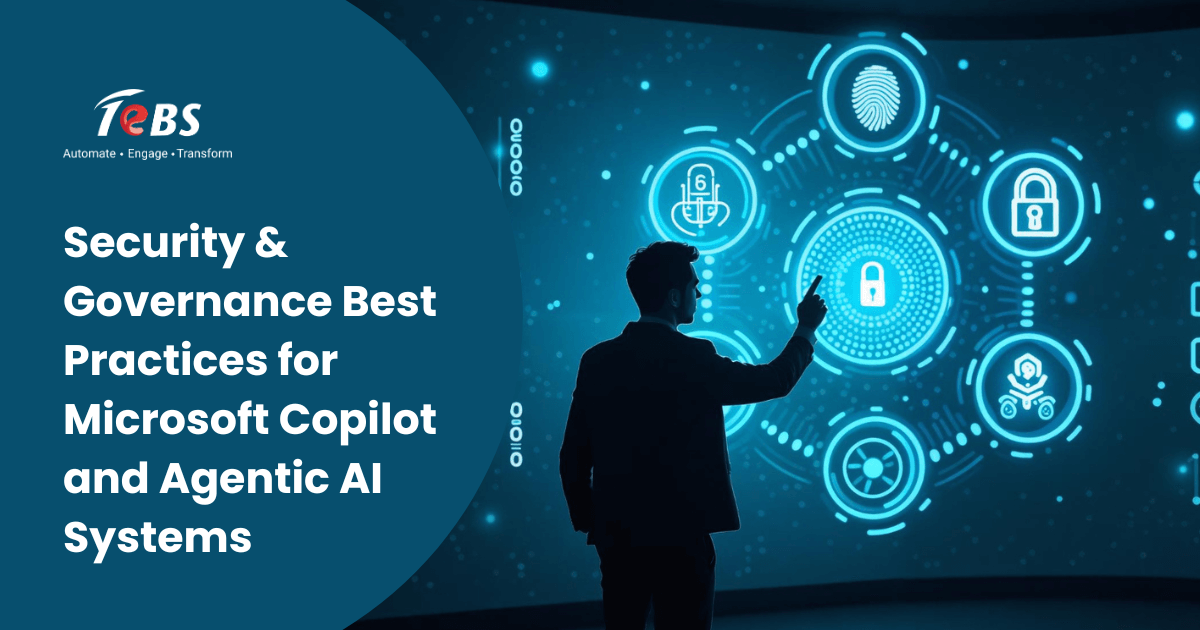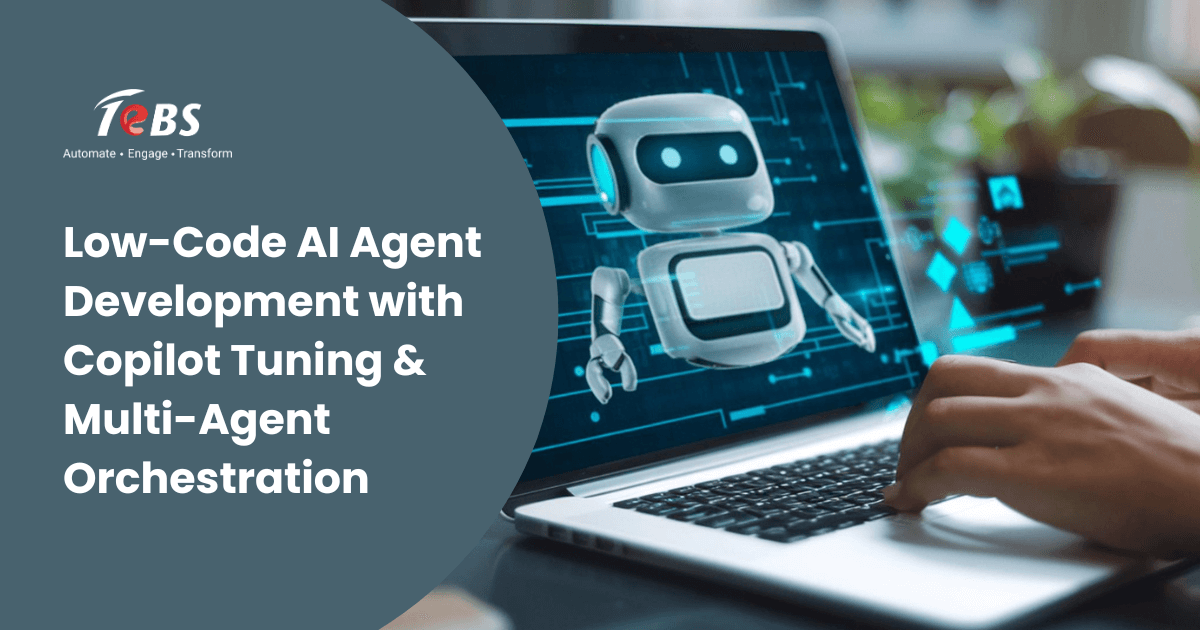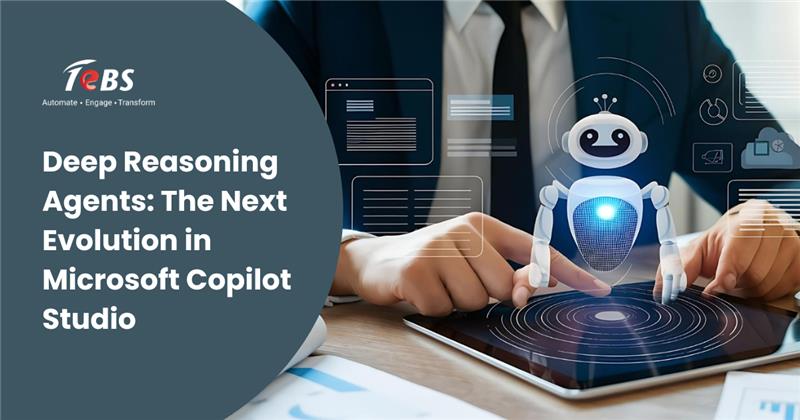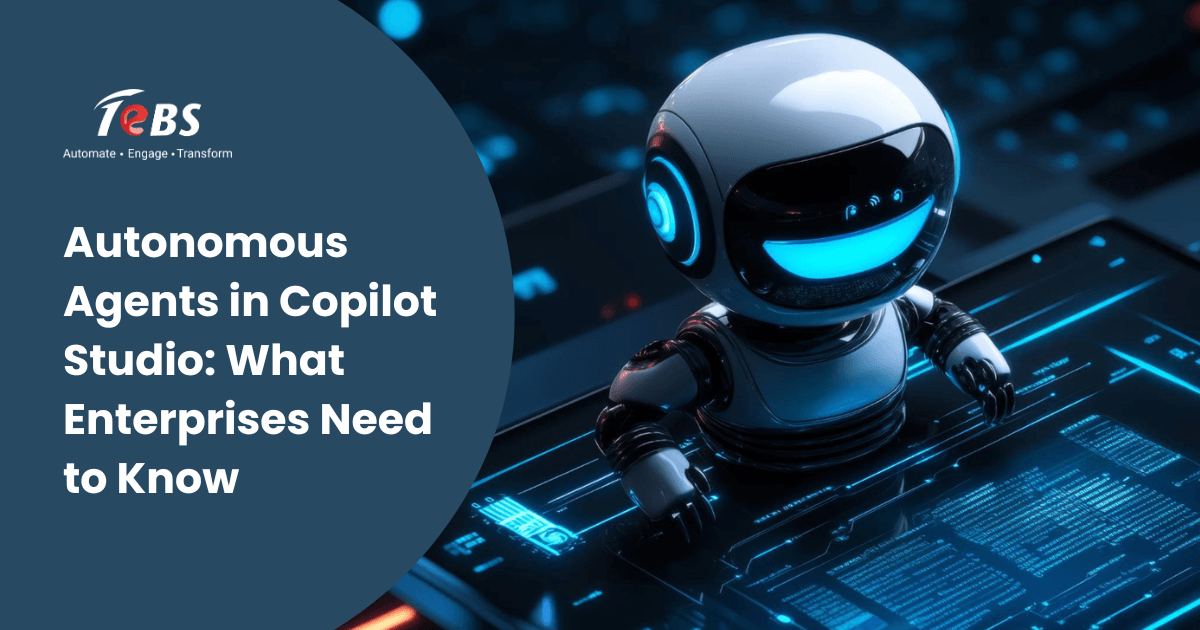Summary
24/7 AI automation combines artificial intelligence with automation to keep business operations running continuously without human intervention. It enables global enterprises to deliver uninterrupted customer service, optimize IT systems, manage e-commerce workflows, and streamline healthcare operations. Benefits include efficiency gains, lower costs, faster data-driven decisions, and enhanced customer experiences — making always-on automation a competitive necessity for modern businesses.Introduction to 24/7 AI Automation
Business environments have evolved far beyond the constraints of the traditional workday. With global markets, digital storefronts, and customer expectations operating on a 24-hour clock, companies are under growing pressure to deliver value, services, and support at any time — day or night.
To meet these demands, organizations are turning to 24/7 AI automation — a transformative approach that combines artificial intelligence and automation to power continuous business operations without the need for human intervention. Unlike conventional automation, which executes fixed-rule tasks, AI-powered systems can analyze data, adapt to new inputs, and make intelligent decisions in real-time.
Learn how enterprise AI services by TeBS empower businesses to implement always-on intelligent automation at scale.
This always-on automation ensures that critical business functions — from customer service and data processing to system monitoring and decision support — continue without interruption. It’s not just about working faster; it’s about working smarter, more efficiently, and more consistently.
Key Benefits of 24/7 AI Automation
1. Non-Stop Operational Continuity
2. Significant Efficiency Gains
3. Lower Operating Costs
By reducing dependence on manual labor for repetitive or round-the-clock tasks, companies can achieve major cost savings. There’s no need for multiple shifts, overtime pay, or weekend staffing. Instead, intelligent bots handle tasks continuously, scaling on demand without the costs associated with human resources.4. Faster, Data-Driven Decisions
AI systems can analyze data in real-time, enabling businesses to react quickly to market changes, internal inefficiencies, or emerging customer needs. Whether identifying a sudden drop in website performance or suggesting a personalized upsell based on behavior patterns, AI enables proactive — not reactive — decision-making.
As Microsoft highlights in AI agents at work: the new frontier in business automation, organizations are already using intelligent agents to drive continuous decision-making.
6. Superior Customer Experiences
Built-In Compliance and Monitoring
AI automation follows predefined rules and audit trails, reducing the risk of non-compliance and manual error. Activities are tracked and recorded in real-time, making it easier to ensure regulatory adherence and generate reports for audits or internal reviews.
As noted in Gartner’s Top 10 Strategic Technology Trends for 2024, trends like intelligent applications, AI-augmented development, and industry cloud platforms are critical to staying competitive in a world that expects always-on, AI automation.”
Industries Leveraging 24/7 AI Automation
E-commerce
Online retailers must operate at lightning speed to serve increasingly demanding consumers. AI automation enables them to:- Provide 24/7 customer service via intelligent chatbots.
- Automate inventory management, ensuring accurate stock levels.
- Personalize shopping experiences through real-time recommendation engines.
- Streamline order processing and return workflows.
IT Services
IT departments and service providers rely on uninterrupted systems and responsive support. AI automation plays a crucial role in:- Monitoring infrastructure health and detecting anomalies.
- Initiating automated incident resolution to reduce downtime.
- Running CI/CD pipelines for development teams around the clock.
- Offering tier-1 support through AI-powered service desks.
Healthcare
In healthcare, availability is a matter of life and death. AI automation supports critical operations such as:- Scheduling appointments and sending reminders to patients.
- Enabling virtual assistants to answer health-related questions at any time.
- Managing medical records and insurance claims with speed and accuracy.
- Supporting diagnostics through real-time data analysis and imaging support.
Challenges in Implementing 24/7 Automation
While the advantages are clear, implementing always-on AI automation comes with its own set of challenges. Businesses must be prepared to address the following:1. High Setup Costs
The upfront investment in AI platforms, infrastructure upgrades, and integration can be significant. However, these are offset by long-term cost savings, increased efficiency, and scalability.2. Complex System Integration
AI solutions must connect with existing systems like CRMs, ERPs, databases, and customer-facing applications. Without proper integration, data silos and broken workflows can undermine automation goals.3. Cybersecurity and Data Privacy Risks
Automated systems must handle sensitive business and customer data responsibly. Organizations must implement strong cybersecurity measures, encryption protocols, and data governance frameworks to prevent breaches or misuse.4. Change Management and Workforce Readiness
Automation often raises concerns about job displacement. A clear communication strategy, upskilling programs, and a culture that embraces innovation are essential for successful adoption. The goal should be augmentation, not replacement.5. Maintaining AI Accuracy and Bias Control
AI models must be trained, monitored, and periodically updated to ensure consistent accuracy and prevent decision-making bias. Regular audits and human oversight are critical to ensure ethical and effective outcomes.
To understand how structured automation rules can reduce complexity, explore our article on 5 Benefits of Business Rule Automation for Enhancing Efficiency.
Conclusion: Building Resilient, Scalable Operations with 24/7 AI Automation
Speed, accuracy, and availability are no longer differentiators — they are expectations. Customers want service anytime. Stakeholders demand efficiency. Markets shift by the hour. In this landscape, 24/7 AI automation isn’t a luxury — it’s a competitive necessity.
It enables organizations to serve global customers, operate efficiently, and make better decisions without pause. Whether it’s reducing operational overhead, providing around-the-clock customer service, or unlocking real-time analytics, AI automation is redefining what modern business looks like.
But automation isn’t just about technology — it’s about strategy. To maximize results, businesses must choose the right tools, ensure proper integration, and foster a culture that sees AI as a partner in growth. The road to always-on operations begins with the right guidance.
Looking to implement intelligent automation that never sleeps?
Connect with the AI experts at [email protected] to explore how we can help you design, deploy, and scale 24/7 AI automation tailored to your business needs.
Here are concise, SEO-friendly answers for your FAQs on 24/7 AI Automation — aligned with TeBS’ solution positioning:
Frequently asked questions
1. What is 24/7 AI automation?
24/7 AI automation refers to intelligent systems that operate continuously without human intervention, using artificial intelligence to monitor processes, make decisions, and execute tasks in real time. It ensures round-the-clock efficiency, accuracy, and responsiveness across business operations.
2. How is 24/7 AI automation different from traditional automation?
Unlike traditional automation, which follows predefined rules and schedules, 24/7 AI automation uses machine learning and predictive analytics to adapt dynamically. It can handle exceptions, learn from data, and optimize workflows continuously—making it more proactive, intelligent, and scalable.
3. What types of tasks can be handled using 24/7 AI automation?
AI automation can manage a wide range of functions including customer support through chatbots, IT and cloud monitoring, invoice and document processing, data entry, predictive maintenance, compliance tracking, and workflow orchestration across departments.
4. What are the key benefits of implementing 24/7 AI automation?
Key benefits include enhanced productivity, reduced operational costs, faster response times, improved accuracy, and uninterrupted service delivery. It also enables better resource utilization and empowers teams to focus on strategic, high-value work.
5. What are the challenges involved in implementing 24/7 AI automation?
Common challenges include integrating AI with legacy systems, ensuring data quality and security, managing change across teams, and aligning automation strategies with business goals. Choosing the right technology partner helps mitigate these challenges effectively.
6. How does 24/7 AI automation improve customer experiences?
By enabling instant responses, personalized interactions, and consistent service availability, AI automation enhances customer satisfaction. It ensures issues are resolved quickly, queries are handled anytime, and insights are used to anticipate customer needs.
7. How can TeBS support businesses in implementing 24/7 AI automation?
TeBS helps organizations design, deploy, and manage AI-driven automation solutions tailored to their business goals. Through platforms like IntaSenz and intelligent process automation frameworks, TeBS enables end-to-end automation that enhances efficiency, agility, and customer engagement—operating seamlessly 24/7.





